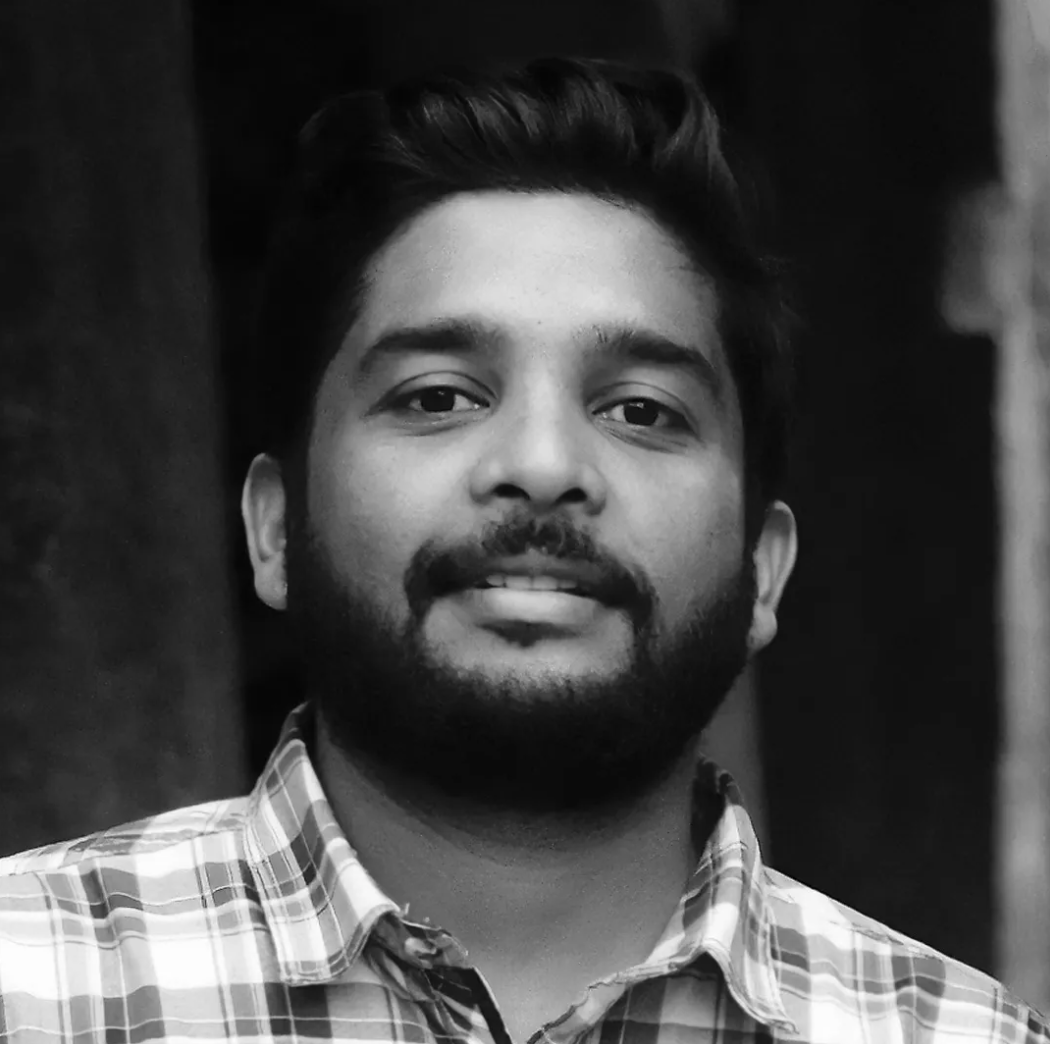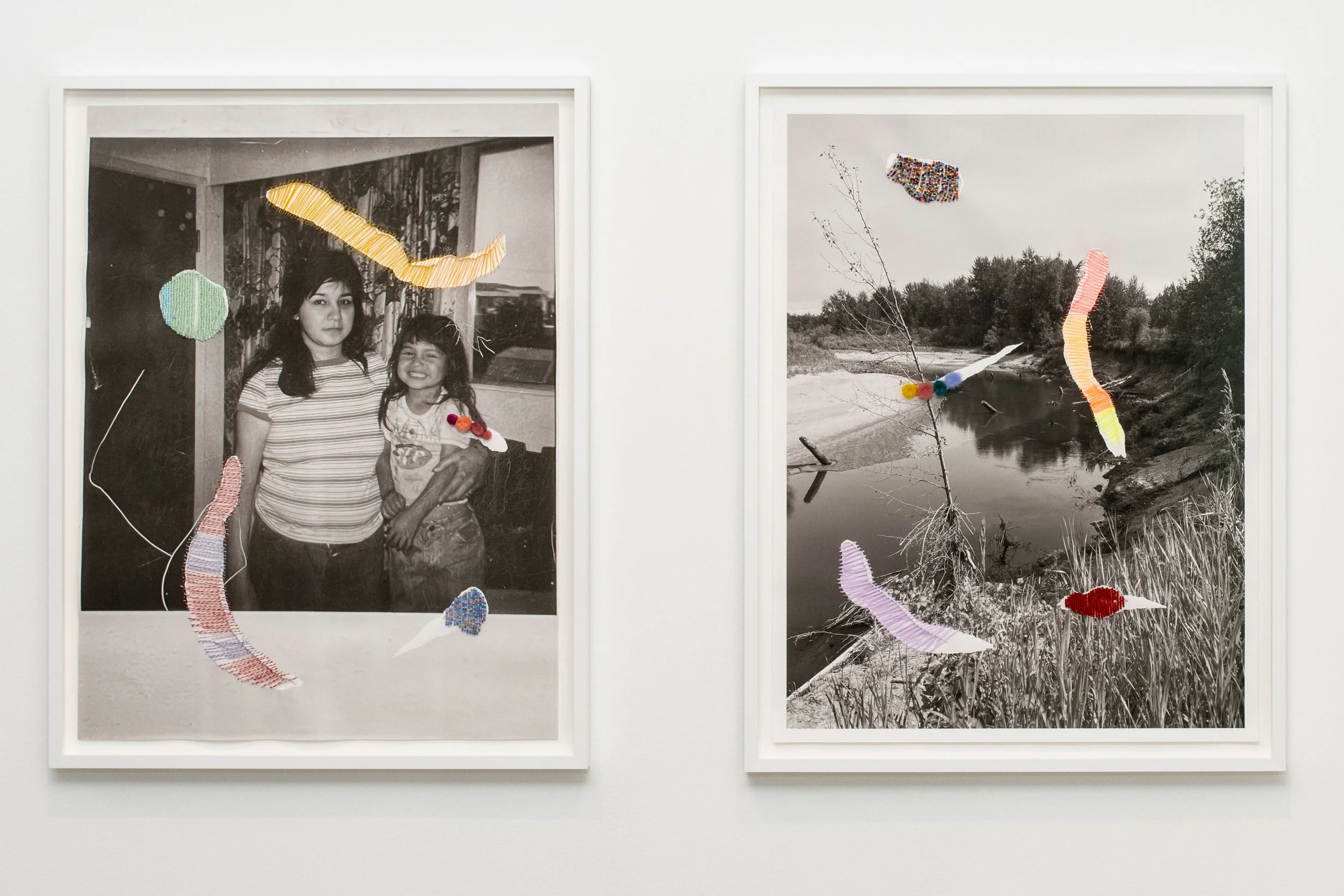The new Sundar Prize Film Festival gives voice to those who are underrepresented
The inaugural fest, taking place in Surrey on June 15 and 16, showcases films with purpose
Alex Sangha. Photo by Avi Dhillon
Sher Vancouver presents the Sundar Prize Film Festival on June 15 and 16 at Centre Stage, Surrey City Hall
TO GET A SENSE of how the new Sundar Prize Film Festival came about, you need to go back to 2015. That’s when Sher Vancouver, a registered charity for 2SLGBTQIA+ South Asians and their allies, started filming a short documentary called “My Name Was January”. Released in 2018, it’s about January Marie Lapuz, a transgender Filipino woman who was murdered in her own home. The film gave voice to her friends and other trans women of colour.
“She was a sex worker, and we were not happy with how the media, how the police, and everyone was portraying her as if she deserved to be murdered,” says Alex Sangha, the founder and executive director of Sher Vancouver, in an interview with Stir. “They were saying things like she was in a high-risk lifestyle. She was our social coordinator, she was on our executive team, and we loved her. After she died there was a hole in our heart.
“We decided to do a eulogy for her and a memorial, and decided to make a short film,” adds Sangha, who is a social worker. “It initially was supposed to be five minutes, but it ended up being 27 minutes. We wanted a memorial of our friend and to have a keepsake for our archives, for our memory, so we can remember her and have closure. All these people told us, ‘You should send this to film festivals.’”
They did, and the film ended up winning 16 international awards, while raising awareness of injustices faced by trans women of colour. It was an official selection at 66 film festivals around the world, qualified to enter the Canadian Screen Awards, and was broadcast on OUTtv across Canada. The experience gave the people at Sher Vancouver their first taste of the impact film can have on people’s lives. The team followed “My Name Was January” with Emergence: Out of the Shadows, a feature documentary about coming out in the local Punjabi-Sikh community, and how a young man was disowned by his entire family. The film was accepted into more than 50 film festivals and has been broadcast in schools, colleges, universities, libraries, and beyond. It has been translated into Punjabi and has versions with French and English subtitles. To this day, Sher Vancouver gets at least one or two requests every month from schools wanting to air it.
“The Sundar Prize [Film Festival] was kind of an evolution of January’s murder, to be honest,” Sangha says, noting that “sundar” means “beautiful” in Sanskrit. “I realized that film is really another way of doing social work. It’s social advocacy, it’s social activism, it’s social change. Film is so powerful because you can reach so many people, and if you craft a story that pulls on your emotions, you can really get a lot of people to empathize and provide insightful, critical, thought-provoking discussions. You can illustrate a story. Film is such a medium of artistic and creative expression that can really resonate with a lot of people, especially our younger generation. Our motto is ‘where cinema meets social change.’”
The inaugural Sundar Prize Film Festival takes place June 15 and 16, with the screening of winning films in nine categories. Opening the festival is director Dalj Brar’s Dil Rakh: Gloves of Kin, which earned the title of Best B.C. Film. It’s about a Punjabi-Sikh family in small town B.C. and how intergenerational racism has affected them. Closing the festival is Rosie by Métis writer-director-actor Gail Maurice. The film—which was selected as one of Canada’s top 10 films at the Toronto International Film Festival and is the winner of the Sundar Prize for Best Feature Film—is about an Indigenous girl who has to go live with her Francophone auntie and her two queer friends after her mother dies. Among the other titles being screened at the festival are Cash Cows by Shubham Chhabra, winner of the KDocsFF Best Emerging Filmmaker award; Mochi Lin’s Swallow Flying to the South, winner of the Best International Documentary award; and Rematriation by Alexi Liotti, winner of the Best Environmental Film award.
Vinay Giridhar.
“The Sundar Prize Film Festival, from the get-go, has been designed to showcase films with a purpose,” says Vinay Giridhar, the festival cofounder with Sangha. “The films’ messages need to meet our mandate for social justice themes, such as human rights, the environment, gender and sexuality, vulnerable and marginalized people, and many more….Part of the proceeds from the ticket sales will go to fund Sher Vancouver’s peer-support programs.”
The Sundar Prize Film Festival has nearly 60 supporters, including all of the major local film festivals, such as the Vancouver International Film Festival, DOXA, and the Vancouver Asian Film Festival. Sangha says the team received close to 300 film submissions. In the future, the team hopes to have a category for best 2SLGBTQIA+ film and one for best youth film. Sangha notes, too, that the organization has a paid social-justice advisor on staff, and that Sher Vancouver is a certified living wage employer. The Sundar Prize pays cash prizes to directors and honorariums to panellists, moderators, and volunteers.
“We are a festival created by filmmakers for filmmakers,” Sangha says. “We have gone through the process to make films ourselves, and we are working on our third feature film about immigration. We’re also for film enthusiasts and people who are social activists. Our overall mission is to bring about a better quality world for everyone, to improve the quality of life for people, to help people reach their capacity and their potential, and help people flourish in this world, and give everyone equity and equal opportunities, to bring about change in a positive manner. That’s our mission. We focus on film such as BIPOC films, queer films, films from vulnerable and marginalized people. We’re trying to give opportunity to voices that are not heard and that are underrepresented.”
What further distinguishes the Sundar Prize is that it’s based in Surrey, which is on the verge of being the largest city in B.C.
“It is a very cultural, cosmopolitan city and it’s growing,” Sangha says. “We are part of the arts infrastructure. As Surrey grows, I feel the Sundar Prize will also grow. It’s the perfect place to have a film festival because Surrey is so diverse, so cosmopolitan, and that’s what our festival is all about; it’s about diversity and inclusion, and giving a voice to people.” ![]()















